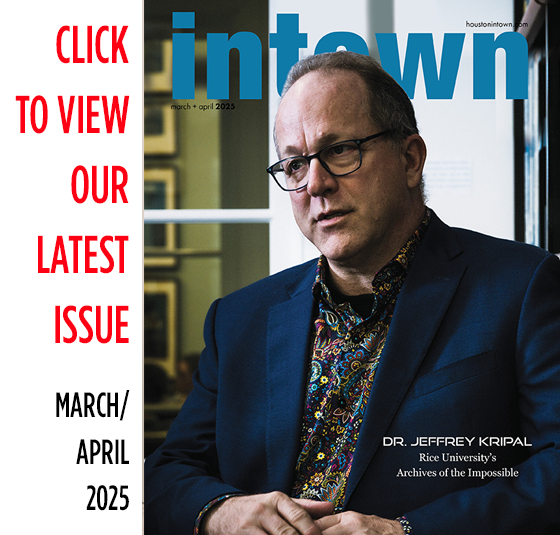Reliving Sicily Through A Bottle of Planeta La Segreta Il Rosso Sicilia
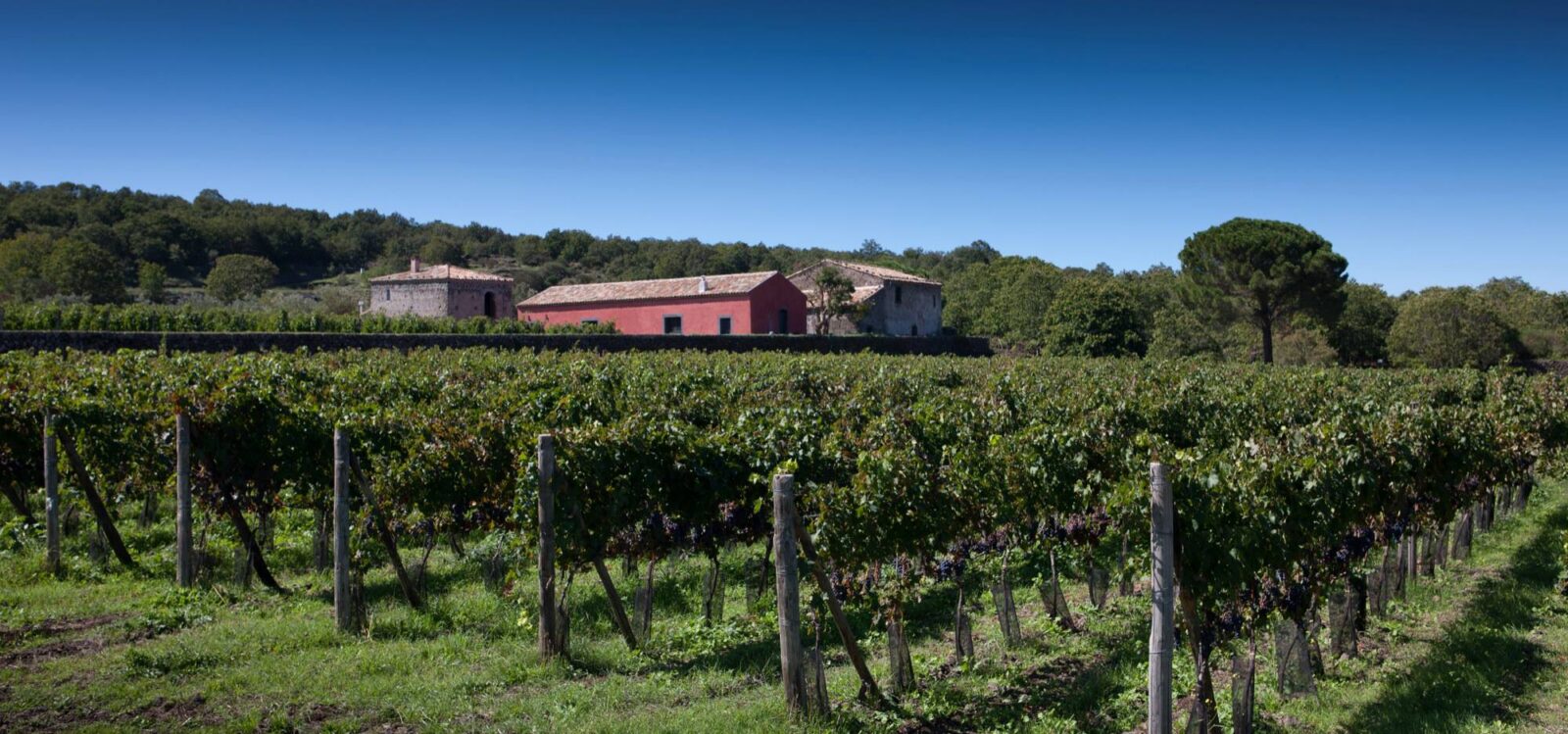
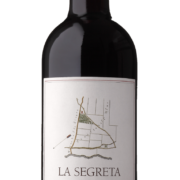
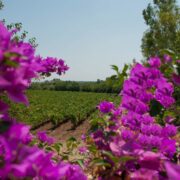
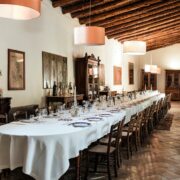
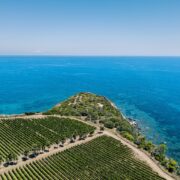 +13
+13 Reliving Sicily Through A Bottle of Planeta La Segreta Il Rosso Sicilia
Reliving Sicily Through A Bottle of Planeta La Segreta Il Rosso Sicilia
Reliving Sicily Through A Bottle of Planeta La Segreta Il Rosso Sicilia
Reliving Sicily Through A Bottle of Planeta La Segreta Il Rosso Sicilia
Reliving Sicily Through A Bottle of Planeta La Segreta Il Rosso Sicilia
Reliving Sicily Through A Bottle of Planeta La Segreta Il Rosso Sicilia
Reliving Sicily Through A Bottle of Planeta La Segreta Il Rosso Sicilia
Reliving Sicily Through A Bottle of Planeta La Segreta Il Rosso Sicilia
Reliving Sicily Through A Bottle of Planeta La Segreta Il Rosso Sicilia
Reliving Sicily Through A Bottle of Planeta La Segreta Il Rosso Sicilia
Reliving Sicily Through A Bottle of Planeta La Segreta Il Rosso Sicilia
Reliving Sicily Through A Bottle of Planeta La Segreta Il Rosso Sicilia
Reliving Sicily Through A Bottle of Planeta La Segreta Il Rosso Sicilia
Reliving Sicily Through A Bottle of Planeta La Segreta Il Rosso Sicilia
Reliving Sicily Through A Bottle of Planeta La Segreta Il Rosso Sicilia
Reliving Sicily Through A Bottle of Planeta La Segreta Il Rosso Sicilia
Photographs show us at the 5th century BC Temple of Segesta in western Sicily. There’s handsome Donnie near a massive column. The way this temple is situated into the surrounding landscape is perfectly breathtaking. A nearby amphitheater has views of the sea. Segesta was inhabited in the 9th century BC, before the Greeks colonized Sicily in 753 BC, although Professor Peter Green preferred the word “rape” for the Greeks’ pilfering of Sicily’s resources. Renzio Barbera wrote that after God created the earth he took it in his hands and kissed it, and where he put his lips, is Sicily. I could see his point the day I gobbled-down mussels in garlic and wine sauce and rustic bread on the southern coast. We were heading east on SS115 to the temple ruins at Agrigento. Pindar described Agrigento as “the fairest city inhabited by mortals.”
Here in Houston, I’m hankering for Sicily. So I stock-up on olives and pecorino cheese and put on the scarf I bought in Palermo and haul-ass to the Sicilian section of the Italian wine section of Spec’s Wines and buy a bottle of Planeta La Segreta Il Rosso Sicilia DOC. I chose the La Segreta Il Rosso because it cost $15. I’m cheap. More so, I chose it because 50% of its grapes are Nero d’Avola. Nero d’Avola is a big daddy of indigenous Sicilian grapes. The Greeks cultivated Nero during their rape. Nero d’Avola means black grape from Avola. Avola is on Sicily’s east coast. Gradually the grape spread from its historic home to other parts of the island. We knocked-back quite a bit in Sicily.
In past centuries, Sicily’s rural estates got ambushed. To protect family, agricultural products and the peasants they employed, landowners typically surrounded their residence, courtyard, and farm buildings with high walls and fortifications. Today for the most part banditry is less common. Many Sicilians restore farming estates for hospitality and wine tourism. They call them baglios or forts. We stayed at a baglio near Marsala with a tower that dated to the 1700s. Its historic architecture, courtyard, pool and view of the vineyards were stunning. In 1985, Diego Planeta and his children Alessio, Francesca and Santi reestablished vineyards at their baglio, Fort Ulmo, on land the family has owned since the 1600s. They added additional vineyards nearby in the hills at Menfi. There, they grow the international varieties such as the Merlot, Cabernet and Syrah that are blended into the La Segreta Il Rosso I bought. Menfi is Planeta’s main manufacturing and administrative headquarters. The family has homes there as well as resort accommodations for wine tourists near the beach. Menfi is very near Selinunte, a coastal city founded in the 7th century BC, where we saw the remains of eight Greek temples.
Planeta makes many wines. If you’re tastes are too elevated to drink blended grapes, you might want to try one of their more pricey bottles. You might want to try for instance the Planeta Santa Cecilia DOC Noto, made with 100% Nero d’Avola from their vineyards in Noto, near Avola. This region is called the cradle of Nero d’Avola. I however was happy with my “cheap” La Segreta Il Rosso blended with 50% Nero. After I downed the first bottle I bought two more at my local HEB.
I read that on Sicily’s southern coast, Mediterranean breezes push sea minerals into the already mineral-rich vineyard soil. If ordinary winds from above North Africa can enhance grape terroir, imagine the impact of a volcano. Mount Etna in eastern Sicily near the Ionian sea is Europe’s largest volcano. It’s one of the world’s most active. From safe distances it’s possible to gawk at lava flowing from Etna’s “bowels,” as Virgil wrote after the Roman Empire stole Sicily from the Greeks. Grapes love Etna’s volcanic soil and steep hillsides. Planeta has multiple vineyards in the Etna region where lava deposits “add minerality.” At one of them on a peninsular part of Sicily’s northern coast, they cultivate not only Nero d’Avola but other native varieties that grew in ancient times.
How tragic that this beautiful land still has remnants of mafiosi. Until recently, these parasites used explosives to encourage cooperation. Assassination was their favorite way of weeding out anti-mafia judges and law enforcement. But Sicily always had predators. The Phoenicians who predated the Greeks and Romans highjacked minerals. Later Sicily became the Roman Empire’s breadbasket. But first the Romans deforested the island for lumber. Byzantines, Arabs, Normans, French and Spanish all plundered. Each of Sicily’s conquerors on the other hand deposited some of their language and culture. For example the Arabs brought exquisite architecture as well as the lemon and the eggplant. Try to imagine Sicily without eggplant parmesan and caponata.
Tradition holds the goddess Persephone was born on Sicily. Persephone gave Sicily the pomegranate. The sight of pomegranate trees heavy with fruit near villa walls made me giddy. More importantly, the goddess gifted the change of seasons for nature’s death and rebirth. When I see images of the sun-baked red soil at Planeta’s vineyards at Vittoria, in the east on the southern coast near Ragusa, where summer temperatures get extremely high, I understand the value of Persephone’s gift. At Vittoria, Planeta grows Nero and Frappato, the latter grape originating from this area. Here too at Vittoria the family performed rather enlightened architectural restoration, turning a historical building into a swanky winery, thus adding to their list of venues for wine tasting and hospitality.









